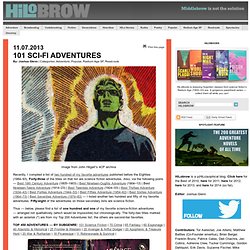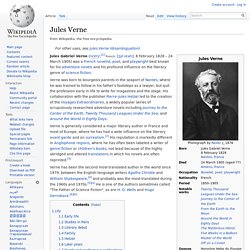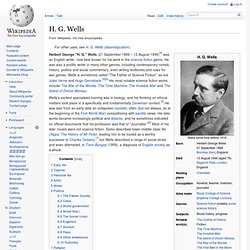

Lärande – en sammanställning. Vad är kooperativt lärande?

Här följer en snabb sammanställning av vad kooperativt lärande innebär. Snabba fakta KL är lärarstyrt och elevcentrerat.Läraren har en viktig roll som ledare i klassrummet.KL gör alla elever aktiva under lektionen.Eleverna aktiveras som lärresurser för varandra.Undervisningen är tydligt strukturerad för att främja samarbete. Kooperativt lärande är ett sätt att organisera samarbete och lärande mellan elever. I det kooperativa lärandet har läraren en ytterst viktigt och styrande roll. Med en mening kan KL sammanfattas som ett lärande som utgår från samarbete. Som förhållningssätt KL utgår från samarbete mellan elever.
KL är ett sätt att få eleverna att arbeta tillsammans mot ett gemensamt mål. I centrum för pedagogiken hittar du ett relationellt förhållningssätt där kvalitén på relationer inom gruppen samt relationen lärare-elev ses som det centrala för att skapa lyckade skolresultat. Som metodik Hur skiljer sig KL från traditionell undervisning Fördelar Fallgropar. 101 Sci-Fi Adventures. Image from John Hilgart’s 4CP archive Recently, I compiled a list of two hundred of my favorite adventures published before the Eighties (1984–93).

Forty-three of the titles on that list are science fiction adventures. Also, via the following posts — Best 19th Century Adventure (1805–1903) | Best Nineteen-Oughts Adventure (1904–13) | Best Nineteen-Teens Adventure (1914–23) | Best Twenties Adventure (1924–33) | Best Thirties Adventure (1934–43) | Best Forties Adventure (1944–53) | Best Fifties Adventure (1954–63) | Best Sixties Adventure (1964–73) | Best Seventies Adventure (1974–83) — I listed another two hundred and fifty of my favorite adventures. Fifty-eight of the adventures on those secondary lists are science fiction.
Thus — below, please find a list of one hundred and one of my favorite science-fiction adventures — arranged not qualitatively (which would be impossible) but chronologically. PS: The terrific science fiction website io9.com has reprinted this list. 1818. 10 Science Fiction Novels You Pretend to Have Read (And Why You Should Actually Read Them) Science fiction future technologies. Jules Verne. Jules Gabriel Verne (/vɜrn/;[1] French: [ʒyl vɛʁn]; 8 February 1828 – 24 March 1905) was a French novelist, poet, and playwright best known for his adventure novels and his profound influence on the literary genre of science fiction.

Verne was born to bourgeois parents in the seaport of Nantes, where he was trained to follow in his father's footsteps as a lawyer, but quit the profession early in life to write for magazines and the stage. His collaboration with the publisher Pierre-Jules Hetzel led to the creation of the Voyages Extraordinaires, a widely popular series of scrupulously researched adventure novels including Journey to the Center of the Earth, Twenty Thousand Leagues Under the Sea, and Around the World in Eighty Days.
Life[edit] Early life[edit] Nantes from Île Feydeau, around the time of Verne's birth In 1834, at the age of six, Verne was sent to boarding school at 5 Place du Bouffay in Nantes. The sudden marriage sent Verne into deep frustration. Studies in Paris[edit] Het Jules Verne Genootschap. H. G. Wells. Herbert George "H.

G. " Wells (21 September 1866 – 13 August 1946)[3] was an English writer, now best known for his work in the science fiction genre. He was also a prolific writer in many other genres, including contemporary novels, history, politics and social commentary, even writing textbooks and rules for war games. Wells is sometimes called "The Father of Science Fiction", as are Jules Verne and Hugo Gernsback.[4][a] His most notable science fiction works include The War of the Worlds, The Time Machine, The Invisible Man and The Island of Doctor Moreau. Wells's earliest specialised training was in biology, and his thinking on ethical matters took place in a specifically and fundamentally Darwinian context.[5] He was also from an early date an outspoken socialist, often (but not always, as at the beginning of the First World War) sympathising with pacifist views.
Early life[edit] Teacher[edit] H. H. He soon entered the Debating Society of the school. During 1888 H. Science Fiction Future.